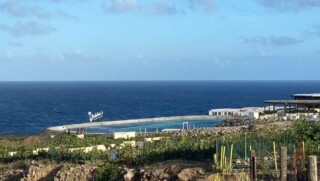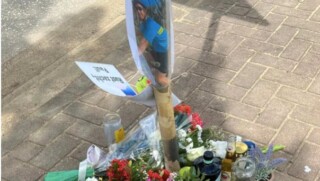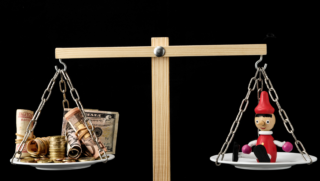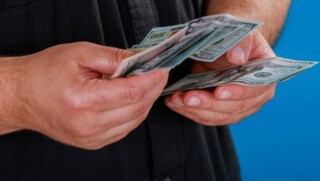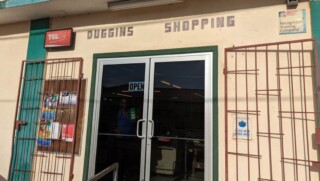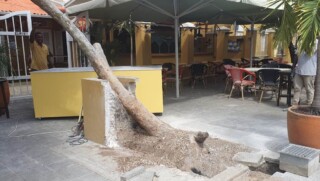OPINION: Condescending
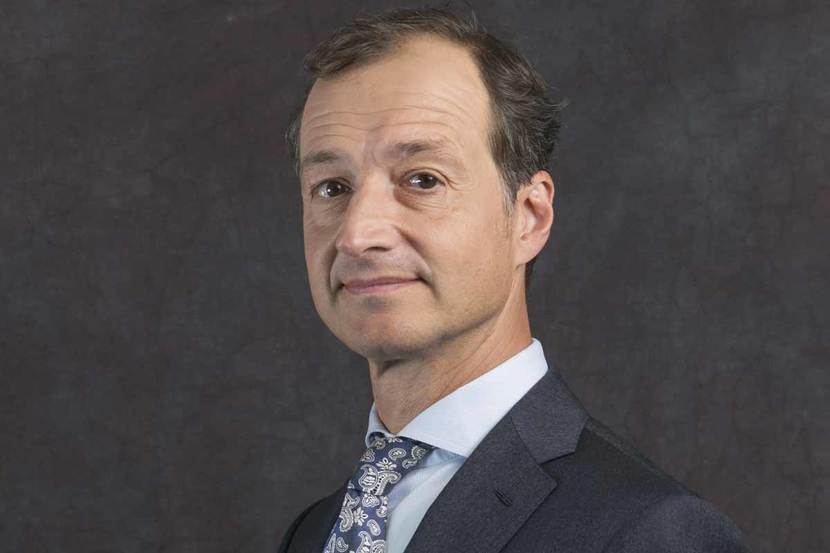
Photo: Government.nl
By René Zwart
As agile as minister Eric Wiebes (Economic Affairs and Climate) proved to be this week in the ‘memo debate’ in the Second Chamber to navigate the truth, just so awkwardly clumsy has he been dealing with the blunder that his predecessor Henk Kamp committed when designing a new fee structure for electricity and drinking water on Bonaire. No reasonable person would deny that the law which went into effect on April 1st is completely flawed. Sold skillfully by The Hague as ‘the solution to keep the energy supply on the island affordable’, it is the poorest Bonaireans who are the hardest to hit with a dramatic price increase.
It is only justified that the often-divided Bonaire this time around forms a closed front to convince Wiebes that he must repair the law with the greatest possible sense of urgency. But all protests so far – partly supported by the Second Chamber – appear to be on deaf ears so far. Instead of showing any kind of empathy towards those most affected by the law, the minister, in response to parliamentary questions from the CDA, puts the Bonairians down as an ungrateful beggar’s community.
He insists that the rates on Bonaire are kept artificially lower than is the case in the Netherlands only because of a subsidy which is, ultimately, paid for by the Dutch taxpayer. “As if Bonaireans are not Dutch citizens and do not pay taxes … Imagine if this minister were to ask the inhabitants of Ameland for ‘gratitude’ for the fact that the rest of the Netherlands subsidizes their energy bills.
Wiebes’ jab to Bonaire is not only proof of an embarrassing lack of knowledge of the political relations, but also to a condescension in the postcolonial era. His attitude also makes it painfully clear that the promised and necessary strengthening of the coordination by State Secretary Raymond Knops of the Interior and Kingdom Relations in practice ends up with very little. Or – and that is also the case – Wiebes does not listen to his colleagues either. It will therefore have to come from the Second- and/or First Chamber get this wandering minister back on the right track.
The fault in the electricity and drinking water legislation is easy to repair. But in anticipation of this, it is up to WEB – with the consent of the Executive Council – to fully utilize the subsidy from the Ministry for the households with the smallest connection. This means that the least well-off are immediately saved from the unintended effects of the new tariff system. Step 2 is the adjustment of the law. This can be done by refining the number of categories, but it seems even more sensible to return to the old system whereby all production and distribution costs are included in the consumption tariff. This makes it considerably easier administratively, but it is also more sustainable because it stimulates energy efficiency.
Behind the scenes, the Hague is undoubtedly working on a solution that is workable for Bonaire. But what is bleak is that the lack of empathy displayed by Wiebes promises little good for the role that should be expected of him in boosting economic development in the Caribbean Netherlands.



